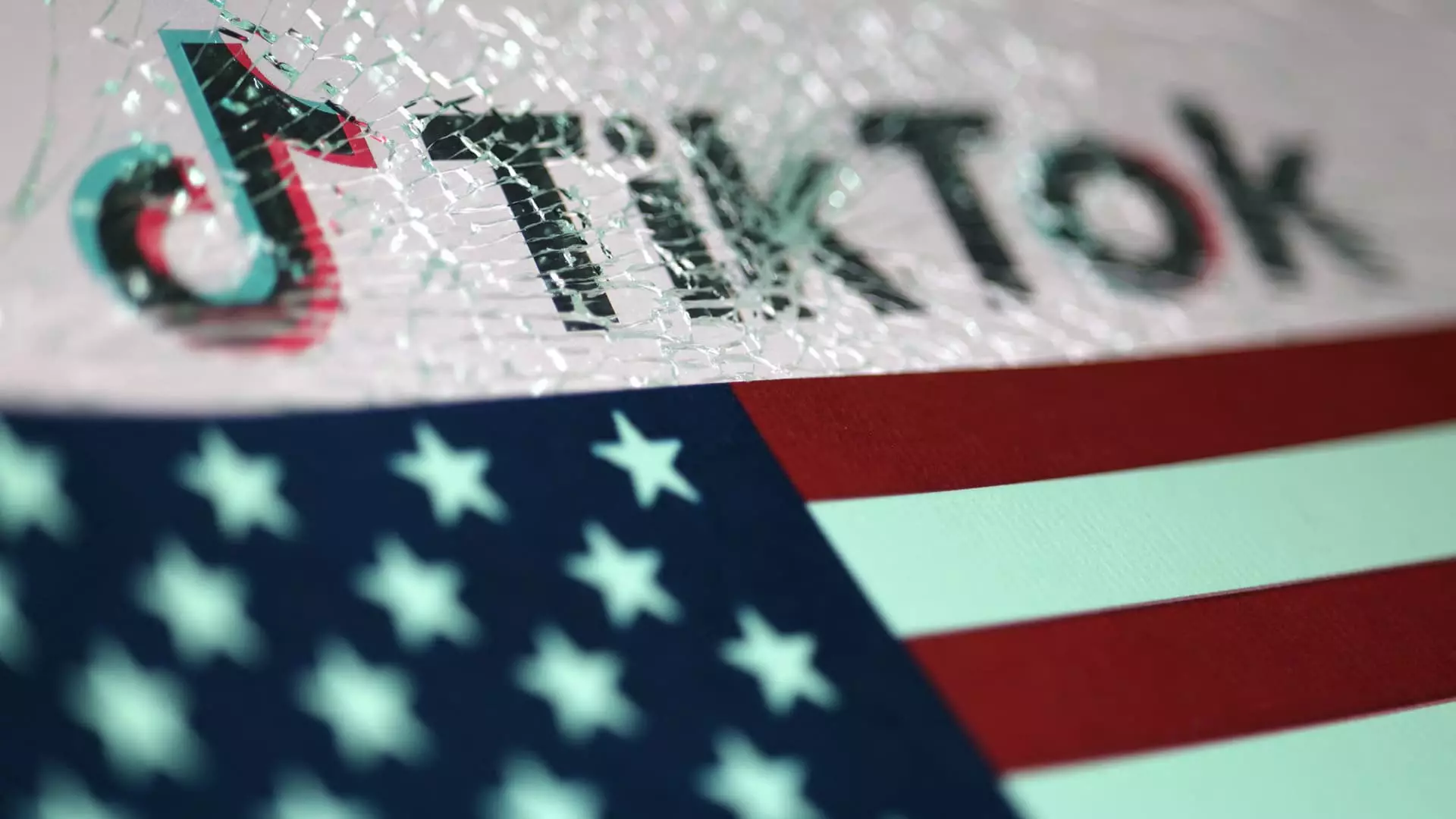In the ever-evolving landscape of social media, few platforms have captured global attention like TikTok. Recently, the app found itself at the center of a political storm in the United States. The situation escalated as then-President-elect Donald Trump announced plans to sign an executive order intended to extend the ban on the app, which drew immediate reactions from the company and its user base. The proposed ban was rooted in concerns regarding national security, as TikTok’s parent company, ByteDance, is based in China. This had raised questions about data privacy and the potential for unwanted scrutiny by foreign powers.
Fans of TikTok and over seven million small businesses reliant on the platform received a glimmer of hope when TikTok issued a statement that they were working to restore services for U.S. users. The company thanked President Trump for his assurance that service providers such as Apple and Google would not face repercussions for continuing to offer TikTok. This collaboration between TikTok and the incoming administration emphasized the social network’s commitment not only to its users but also to the economic implications tied to its operations in the U.S.
TikTok took a strong stance by labeling the situation as a matter of free speech and a victory against censorship. “This decision is a strong stand for the First Amendment,” the company asserted, highlighting a fundamental American principle amidst a backdrop of political intervention. They expressed a desire to collaborate with the government for a long-term resolution that would keep the app thriving within U.S. borders.
Despite TikTok’s optimistic outlook, the legal grounding for its continued operation remained shaky. A Supreme Court ruling affirmed the law banning the app, necessitating ByteDance to divest its ownership to avoid added penalties, further complicating the relationship between the app, its users, and the government. While TikTok’s services were reportedly still accessible to some users, there was an apparent confusion regarding the app’s legitimacy amid ongoing threats of a complete ban.
Additionally, Trump’s public statements on social media reflected a combative stance toward the situation. He floated the idea of an ownership model where the U.S. government would maintain a 50% stake in TikTok, aiming to ensure that the platform “stays in good hands.” This proposition illustrated a peculiar intersection between business and politics, indicative of a growing trend where national security concerns increasingly intersect with technological enterprise.
As this political saga unfolds, the reality remains that TikTok’s fate in the U.S. is still uncertain. The platform’s ability to thrive hinges on navigating the complicated dynamics of government regulation, national security claims, and user demands. For millions, TikTok is not merely an entertainment app; it symbolizes creativity, self-expression, and, crucially, commerce. The stakes are high, and as discussions continue, it will be essential to closely monitor the evolving narrative surrounding TikTok and broader implications for social media regulation in the United States.

